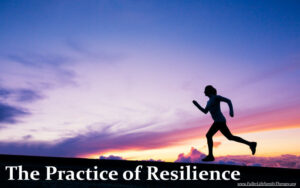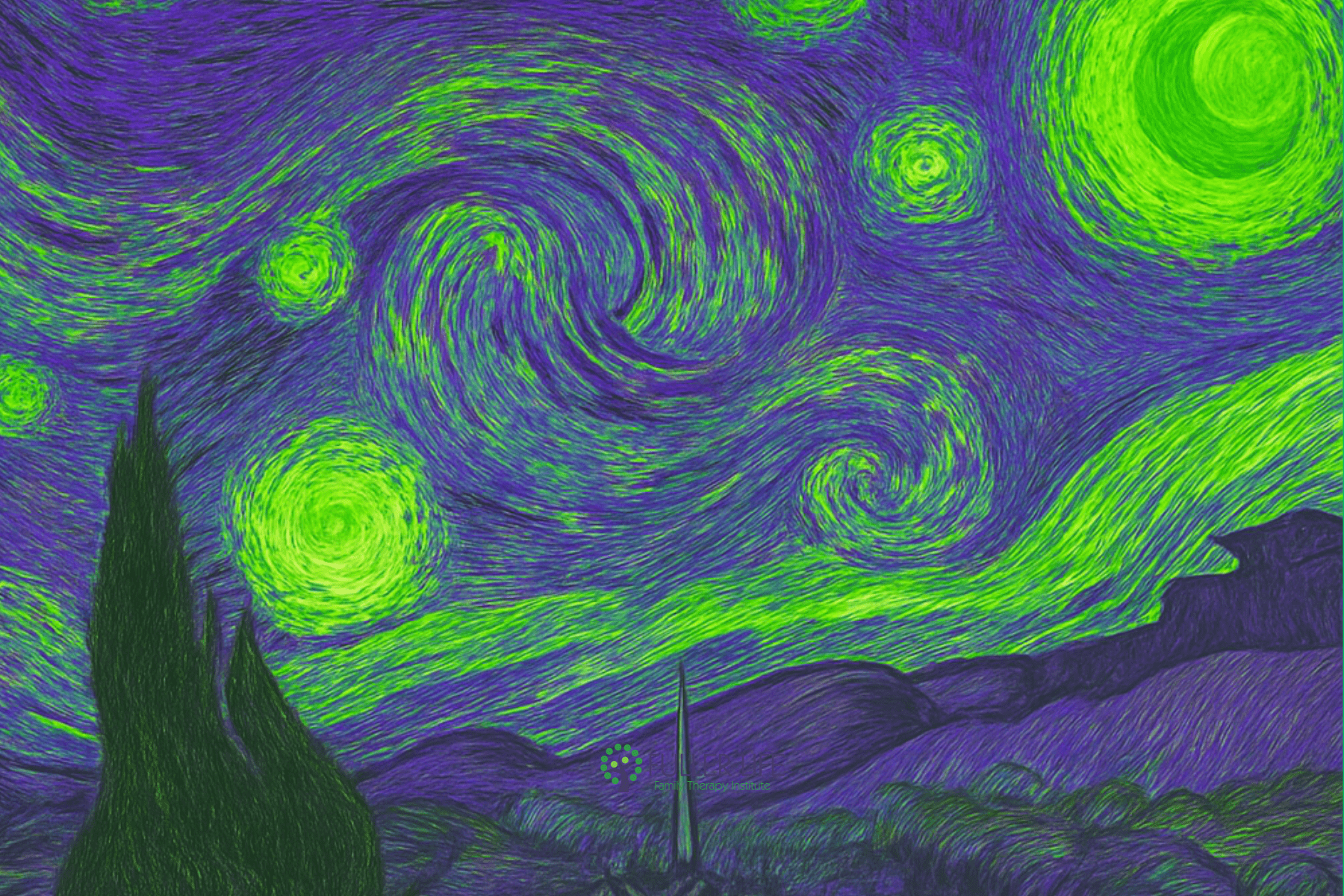When Grief and Spirituality Intersect
In light of the recent global novel Coronavirus pandemic that spread and claimed the lives of hundreds of thousands of people in local communities, cities, states, and countries around the world, many individuals are experiencing grief in the midst of this calamity. Some have lost loved ones due to the virus, are unable to have or attend funerals for the deceased loved one, are personally suffering from or know someone suffering from the virus, are dealing with the psychological and emotional effects of “social (physical) distancing,” and are worried about meeting the most basic needs for their family’s survival and livelihood. These concerns, among others, have caused many to experience some form of personal grief, or an existential crisis in spirituality.
Death itself, whether untimely or anticipated, sometimes leaves unanswered questions. Dr. Mark Kelleman, author of the book, “God’s Healing for Life’s Losses” examines the complexities of life’s unanswered questions, in the midst of death and in the midst of human suffering. His book offers readers a perspective on grief, spirituality, and hope through the Divine Redeemer. Although the book is specifically written for individuals of Christian faith, the concepts and perspectives shared may be applicable to other religious faiths as well. This blog will share grief perspectives from the book on how to move from depression to hope on one’s grief journey.
Traditional Perspectives on Processing Grief
Many people are familiar with the five stages of grief model first introduced by psychiatrist Elizabeth Kübler-Ross. She speculated that an individual experiences denial (stage one), anger (stage two), bargaining (stage three), and depression (stage four), before coming to acceptance (stage five). The model suggested that grief occurs in a sequential process until they reach the final stage.
Dr. Kelleman, however, viewed the five stages of grief model as too one-dimensional. Noting that individuals tend to deal with their grief in separation from others which leads to feelings of spiritual abandonment, social betrayal, and feelings of shame and self-contempt. Dr. Kelleman believes this causes spiritual depression.
Spirituality Perspectives on Processing Grief
Dr. Kelleman’s grief model, which he describes as God’s Positioning System (GPS), explains grief as a multi-dimensional process, where individuals respond to grief by integrating spirituality into their grief process. The model introduces eight stages. Four stages address hurt and four stages address hope.
| Four Stages of Hurt | Four Stages of Hope |
| Candor: Practice honesty with myself. | Waiting: Groaning with Hope. |
| Complaint: Honesty with God. | Wailing: Trusting with Faith. |
| Cry: Ask God for help. | Weaving: Perceiving with Grace. |
| Comfort: Receive God’s help. | Worshiping: Engaging with Love. |
The eight stages describe how grievers can suffer a loss and come face-to-face with God. The traditional grief responses, introduced by Kübler Ross, are not to be minimized. Dr. Kelleman encourages grievers to learn how to move from denial to personal honesty, from anger to honesty with God, from bargaining to asking God for help, and from depression to receiving God’s help.
Moreover, the four stages of hope describe how grievers can take God’s hand and journey forward in life (acceptance) while facing the realities of their loss. Dr. Kelleman, calls this “creative suffering.” That is, creative suffering converts the suffering that batters and causes depression, into hope that, The Redeemer can bring healing to hurting hearts.
Journeying in Hope: An Alternative Perspective
Dr. Kelleman explains the journey of grief can be emotional, complicated, and messy. It comes with hills and valleys and good days and bad days. It is normal to feel hurt and it is necessary to grieve. Remember that taking the journey with God places one’s trust and faith in His good character and his good heart that better days will come. Likewise, contemplating suffering from a grace perspective nurtures alternative ways to view life’s losses where hope can flourish, and spiritual growth can mature.
Reference:
Kellemen, R. W. (2010). God’s healing for life’s losses: How to find hope when you’re hurting. Winona Lake, IN: BMH Books.









